-
 Want to Claim the Best Sleep Ever? Here Are 10 Tips on How to Sleep Well; It Will Help You to Ease Yourself into Dreamland (2020)
Want to Claim the Best Sleep Ever? Here Are 10 Tips on How to Sleep Well; It Will Help You to Ease Yourself into Dreamland (2020)
-
 Unable to Sleep Properly at Night? Discover the Benefits of White Noise and the Top White Noise Machines That Give You a Peaceful and Deep Sleep Every Night (2020)
Unable to Sleep Properly at Night? Discover the Benefits of White Noise and the Top White Noise Machines That Give You a Peaceful and Deep Sleep Every Night (2020)
-
 Not Able to Sleep Soundly at Night? Here Are Some Tips to Help You Get Good Sleep at Night Naturally (2020)
Not Able to Sleep Soundly at Night? Here Are Some Tips to Help You Get Good Sleep at Night Naturally (2020)
Why Good Sleep is Important
A healthy mind lives in a healthy body and vice versa. Good sleep is one of the most significant factors to have a balanced lifestyle as well as for your overall health. Lack of sleep may disturb your entire schedule, you may not be able to concentrate, it impacts your metabolism and your productivity is also hampered. Sleeplessness is clearly evident on the face of a person in the form of dark circles and soggy eyes which give a bad impression about your personality. Therefore, a good night’s sleep plays an important role in your well-being. People, who take less than 6 hours of sleep every night, are at a greater risk of developing diseases. Here are some important reasons why you should get better sleep during the night:
- Good for Heart Health – Lack of proper sleep can increase your blood pressure and cholesterol levels, thus increasing the chances of a heart attack and a stroke. Getting plenty of sleep provides much-required relaxation to your mind and body which helps to reduce the blood pressure.
- Reduces Stress – When your body doesn’t get adequate sleep, it reacts by increasing the stress hormones. Today's fast-paced lifestyle adds fuel to the fire. Uninterrupted and deep sleep can avoid this condition by reducing stress.
- Improves Memory and Concentration – Ever wondered why you are unable to concentrate and memorise things when you are tired? The reason is that your mind is giving you a signal that you aren’t getting adequate sleep. During sleep, while your body is resting, your brain is storing and organising memories. Therefore, a tight sleep helps you to process the data stored in your brain in a better manner which also improves your concentration.
- Helps You Lose Weight – Studies suggest that people who sleep less have increased chances to be overweight as lack of sleep impacts the hormones which affect appetite. Moreover, less sleep can also impact your metabolism, resulting in increased weight.
- Improved Immunity – Doctors advise proper rest and sleep when you are sick or down with the flu because while you are sleeping, your body is producing more protein molecules that strengthen the immune system.
- A Better Mood – Nobody likes a depressed or grumpy face, or an agitated person for that matter. So, if you don’t like to be one, then ensure to get adequate sleep. Better sleep improves your mood and the ability to handle stress, pressure, and adverse situations.
- Helps the Body Heal – While you are sleeping, your body is repairing the damaged tissues which have faced the wrath of stress, pollution, UV rays, and other factors throughout the day. Also, the body produces more protein during sleep which increases its ability to fight external agents such as bacteria and viruses, etc.
Just How Much Sleep Do You Need: Check out These Thumb Rules!
Like other important things in life, the number of hours of sleep required may vary for individuals and three basic factors are responsible for it. The first one is your genetic makeup because certain genetic mutations caused and passed over a period of generations in some of you may require you to have adequate sleep in well under 6 hours. While an individual of a different genetic legacy may require a full 8 hours of sleep. The second important factor which decides the time you should sleep is the quality of sleep. With a poor sleep quality, you may feel tired even after a 9-hour sleep; while a sound and good sleep will make you feel fresh and recharged even with a little less sleep time. And the third and most important factor which decides about your sleep time is your age. The official recommendation by various medical associations based on studies and researches for different age groups is mentioned below:
- Newborns (up to 3 months): 14–17 hours
- Infants (4–11 months): 12–15 hours
- Toddlers (1–2 years): 11–14 hours
- Preschoolers (3–5 years): 10–13 hours
- School going children (6–13 years): 9–11 hours
- Teens (14–17 years): 8–10 hours
- Adults (18–64 years): 7–9 hours
- Senior Citizens (over 65 years): 7–8 hours
These are the base guidelines that are supposed to be followed by people in their respective age groups. However, you may need more or less sleep as per your genetic makeup and sleep quality as well. So, if you feel sleepy throughout the day, have to take caffeine in order to feel active and are having trouble concentrating or memorising; then you should try to increase your sleep time by an hour or so and also check your sleep quality.
Tips for Better Sleep
While we have discussed the benefits of good sleep and the number of hours you should sleep, it’s equally important to know about important tips which can help you to get better sleep. Mentioned below are some important tips for better sleep which can be followed and implemented by making small changes in your lifestyle:
Wake Early and Reduce the Long Daytime Naps
If you want to sleep early, then the key factor is to get up early in the morning. Getting up early not only provides you extra time for exercise, yoga, etc., but it also adjusts your body clock hence it automatically indicates the body during late in the evening that it needs rest and sleep. Moreover, when you wake up early, your mind and body are tired enough to be ready for a natural and sound sleep by the end of the day. Also, avoid sleeping during the daytime, and even if you have to take a nap, reduce it to a short nap of no more than 45 minutes. If you sleep for more than an hour during the day, chances are that you may not be able to sleep at your usual time during the night.
Avoid Caffeine Late in the Evening
Some of you are fond of your teas and coffees and may be even addicted to them. Caffeinated beverages provide instant energy and refreshment and also have various health benefits associated with them. However, when consumed late in the evening, they can stimulate your brain which in turn can create difficulty in sleeping. Avoid drinking caffeinated drinks or supplements about 5-6 hours before bedtime as caffeine stays elevated in your blood for 6-7 hours and can worsen your sleep quality.
Ditch the Alcohol
Alcohol is one of the biggest enemies of good sleep (for those who know the difference between natural sleep and being knocked out by alcohol) as it can elevate the symptoms of disrupted sleep patterns, snoring, and sleep apnea. If you have the habit of consuming alcohol before going to bed, then it’s not the right and natural way to get asleep, and may cause serious health problems in the long run. A couple of drinks late in the evening alter a nighttime hormone called melatonin which is responsible for the body’s natural sleep cycle. A study has found that alcohol, when taken at night can lower the sleep quality and also reduce the natural nighttime growth in the human growth hormone (HGH) which has many important functions in the body.
Create a Sleeping Environment in the Bedroom
A sleep-inducing bedroom environment is an essential tip that will help you to fall asleep within no time. External factors like traffic noise and light coming through a window can be quite irritating and affect your sleep quality. To get maximum comfort, create a pleasant sleeping environment, and minimise distractions, you must follow these tips:
- Good Quality Mattress and Pillow – Investing in a quality mattress is essential not only for good sleep but also for your back and spine. A combination of a comfortable mattress and a pillow ensures that your spine gets the required support while sleeping and also avoid backache. Choose a soft pillow that is thick enough to support your neck while sleeping. Too hard or too soft pillows can cause neck and back pains.
- Decent Bedding – Decent doesn’t mean costly, but the bedsheets, blankets, etc. should be soft to the touch, feel comfortable and the fabric shouldn’t cause irritation or rashes on your skin. In summers, use pure cotton sheets that don’t have wrinkles all over it after just a wash and also provide a cool feeling during the hot weather.
- Block External Lights – That streetlight down the lane or the neighbour's kitchen light may disturb your sleep. You can’t switch off those lights but can use blackout curtains on the windows of your bedroom. And if that isn’t feasible, then wearing a sleep mask over your eyes can also block the light while you sleep.
- Calm and Peaceful Environment – External sounds and noises can be quite irritating while you’re trying to sleep. If you can’t block the noise by any other means then you can diminish them using a fan or a white noise machine. You can also use noise-reducing earplugs to block out the external sounds which may interfere with your sleep.
- Temperature is Important – It’s difficult to sleep well in a hot and humid room. Similarly, a freezing room is also not a very comfortable place to sleep. Hence, make the necessary arrangements as per the weather, e.g. an air conditioner, heater, etc. to ensure that the room is neither too cold nor too hot. The ideal temperature for sleeping may vary for individuals, but 21-24°C is considered a good temperature for resting.
- Use Pleasant Aromas – You can use room fragrance, scented candles or essential oils with natural and subtle aromas such as rose or lavender to relax your senses by using them in your bedroom. A room with a fresh and soothing smell helps you to fall asleep faster.
No Late Evening Meals
Modern day fast-paced lifestyles have disrupted eating habits like never before and a late evening dinner is a byproduct of this trend. However, eating late in the evening or just before going to bed can cause problems like indigestion, heaviness, constipation and it also acts as a negative catalyst for your sleep. Try to eat at least 2 hours before you go to bed and if you are planning to eat a full-fledged heavy meal, then the difference should be 3-4 hours.
Relax and De-Clutter Your Mind in the Evening
A pre-sleeping schedule before bed can improve your sleep quality and is one of the most common methods to treat insomnia. To de-clutter and relax your mind and body, you can use techniques like a soothing massage, taking a hot shower, listening to soothing music, reading a book, deep breathing and meditation, etc. These are a few tried and tested methods that can help you to have a peaceful and good sleep.
Exercise Regularly
A few minutes of exercise in any form – gym, yoga, walk, cardio, etc. not only helps you to stay fit and active but also releases toxins from your body and balances your metabolism. Exercising regularly improves your sleep quality, but doing it too late in the day may have adverse effects on your sleep as the hormones released after the workout will keep your mind active and alert.
Get Enough Natural Light
If you have a white-collar job or you are working from home, then chances are that you are depriving yourself of sunlight or the natural daylight. When your body doesn’t get enough of the natural bright light, then your circadian rhythm (natural timekeeping clock of your body) gets disturbed due to which your body doesn’t indicate sleep at the right time. Hence, spend some time outdoors as well and soak the morning sunlight to enhance the quality of your sleep.
Decrease the Use of Gadgets During the Evening
This tip can be the most difficult to follow, but is the most important one. The exposure to blue light late in the evening can trick your brain to think that it’s still daytime, which makes it difficult for you to sleep. So, either keep your phone, tab, or laptop aside about an hour before sleep or try other methods to reduce exposure to the blue light like wearing glasses which can block blue light or activating the blue light mode on your phone.
-
 Ever Wondered How to Make Paneer at Home? Here is the Complete Guide to Take Out Soft and Creamy Paneer from Milk at Home (2021)
Ever Wondered How to Make Paneer at Home? Here is the Complete Guide to Take Out Soft and Creamy Paneer from Milk at Home (2021)
-
 Gained Extra Weight in the Lockdown? Best Slimming Tea to Get in the Right Shape and Live a Healthier Life
Gained Extra Weight in the Lockdown? Best Slimming Tea to Get in the Right Shape and Live a Healthier Life
-
 From Usage in Skincare to Treating Wounds Quickly, Castor Oil Has a Lot of Applications You May Have Never Heard of: Benefits of Using Castor Oil (2021)
From Usage in Skincare to Treating Wounds Quickly, Castor Oil Has a Lot of Applications You May Have Never Heard of: Benefits of Using Castor Oil (2021)
-
 जिम जाने के लिए चुने यह 10 2020 के सबसे बेस्ट जिम बैग्स जो है दिखने में बेहद शानदार और बेहतरीन। साथ में कुछ सुझाव और अन्य जानकारी ।(2020)
जिम जाने के लिए चुने यह 10 2020 के सबसे बेस्ट जिम बैग्स जो है दिखने में बेहद शानदार और बेहतरीन। साथ में कुछ सुझाव और अन्य जानकारी ।(2020)
-
 Get That Well Toned and Perfectly Sculpted Body in the Comfort of Your Home. Your Quick Guide to the Best Home Gym Equipment in India and Why You Need to Get One Now (2021)
Get That Well Toned and Perfectly Sculpted Body in the Comfort of Your Home. Your Quick Guide to the Best Home Gym Equipment in India and Why You Need to Get One Now (2021)
Good and Deep Sleep – An Integral Factor for Good Health
As would have been evident by now good and deep sleep is extremely important for your physical fitness and for a sharp and alert mind. Simple changes in your lifestyle can go a long way in regularising your sleep cycles and giving your body the time it deserves to relax, recharge and rejuvenate. Stay connected with us for more such engaging content.

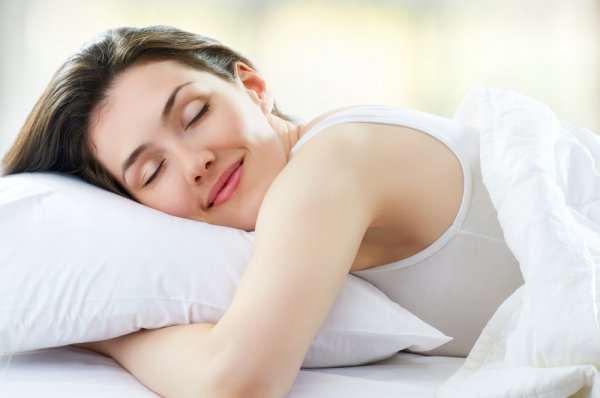
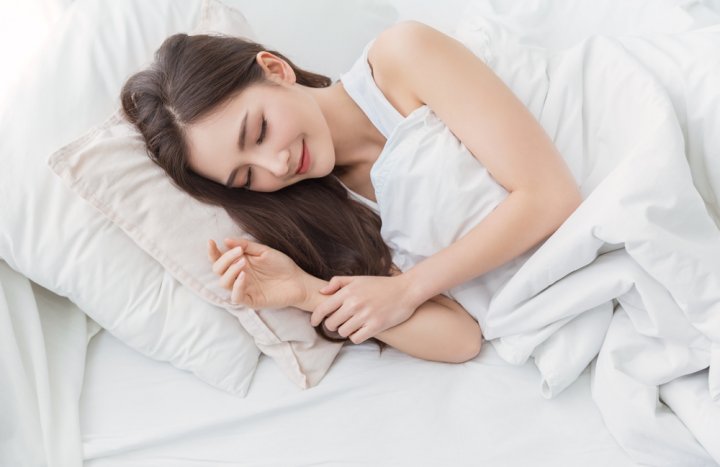



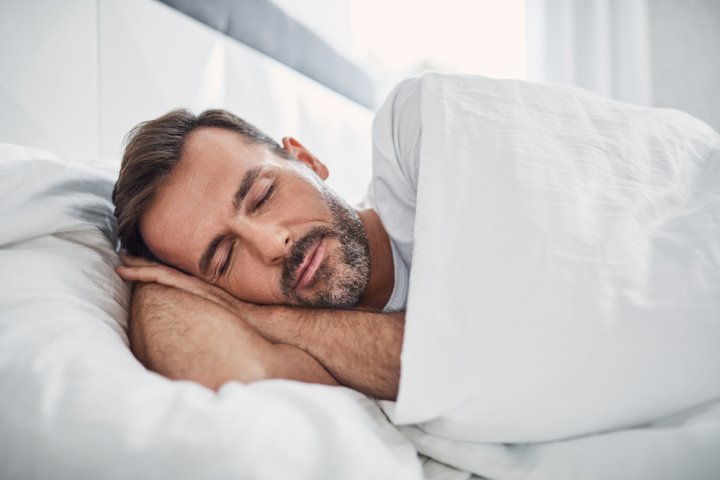

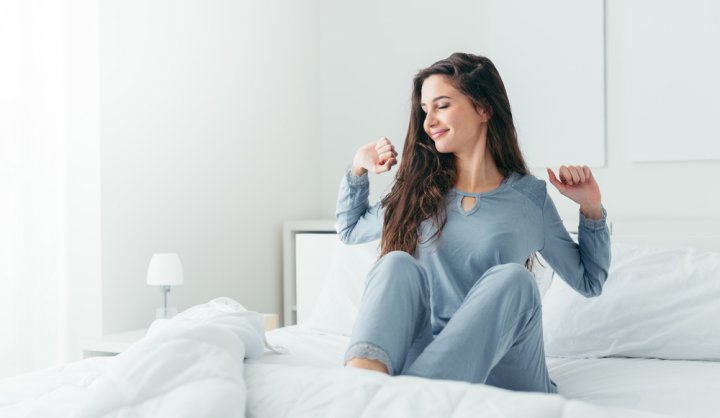




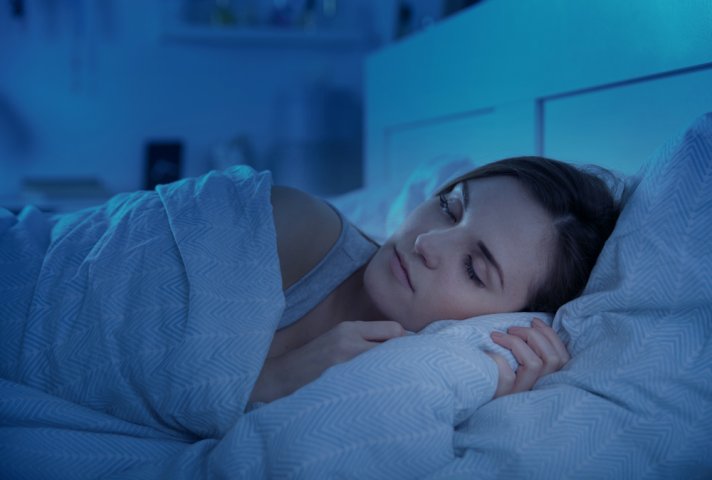

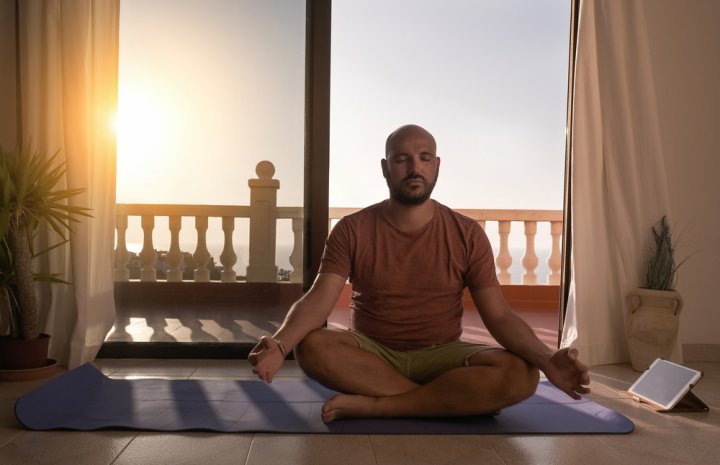





 Highlight the Best Facets of Your Incomparable Beauty: Discover the Best Face Highlighter Currently Available in India and Everything You Need to Know About Using Face Highlighters for Maximum Effect (2023)
Highlight the Best Facets of Your Incomparable Beauty: Discover the Best Face Highlighter Currently Available in India and Everything You Need to Know About Using Face Highlighters for Maximum Effect (2023)
 Forget the Blemishes and Get that Picture Perfect Flawless Radiance on Your Face: Check out the Best Foundations for Oily Skin Currently Available in India and Everything You Need to Know About Makeup Foundations (2023)
Forget the Blemishes and Get that Picture Perfect Flawless Radiance on Your Face: Check out the Best Foundations for Oily Skin Currently Available in India and Everything You Need to Know About Makeup Foundations (2023)
 Make Your Presence Felt Wherever You Go: Discover the Best Perfumes Under 2000 for Both Men and Women to Announce Your Arrival and Make Any Occasion Memorable (2023)
Make Your Presence Felt Wherever You Go: Discover the Best Perfumes Under 2000 for Both Men and Women to Announce Your Arrival and Make Any Occasion Memorable (2023)
 Protect Your Oily Skin from the Harmful Rays of the Sun: Discover the Best Gel Based Sunscreens for Oily Skin and Everything You Need to Know Before Buying One (2023)
Protect Your Oily Skin from the Harmful Rays of the Sun: Discover the Best Gel Based Sunscreens for Oily Skin and Everything You Need to Know Before Buying One (2023)
 Minor Blemishes and Wrinkles Affecting Your Confidence? Check out the Best BB Creams to Conceal Your Worries and Nourish Your Skin to Restore the Healthy, Radiant and Glowing Complexion Back Again (2023)
Minor Blemishes and Wrinkles Affecting Your Confidence? Check out the Best BB Creams to Conceal Your Worries and Nourish Your Skin to Restore the Healthy, Radiant and Glowing Complexion Back Again (2023)
